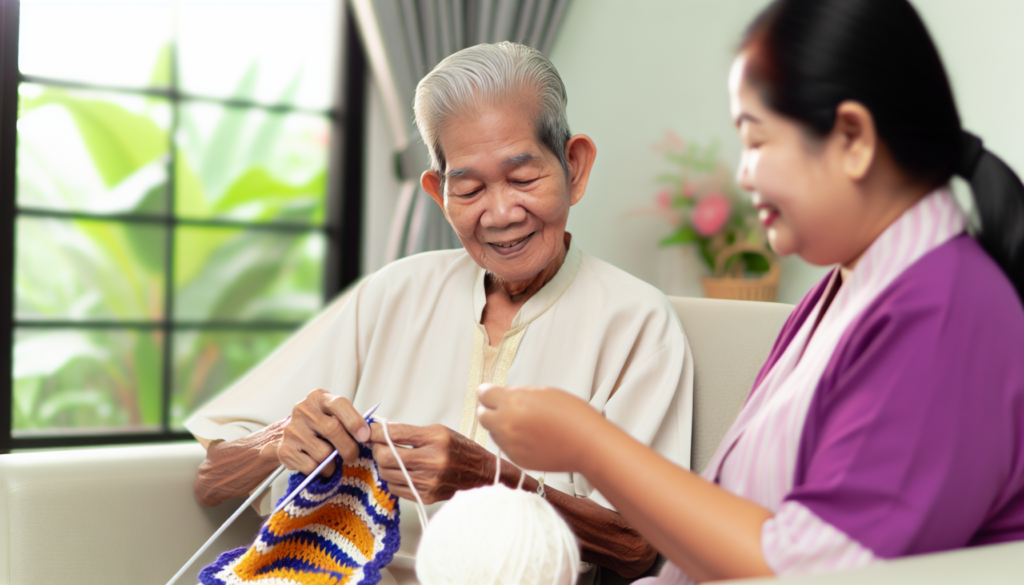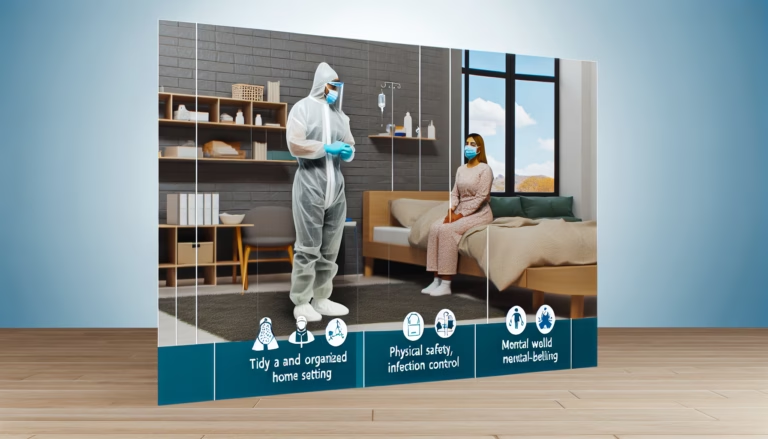Enhancing Home Health Care Experience with Therapeutic Hobbies
When we talk about home health care, we often concentrate on practical aspects such as managing medications, scheduling regular appointments with healthcare providers, physical therapy, and nutritional needs. However, an equally significant facet of home health care that doesn’t get as much attention is the role of therapeutic hobbies in enhancing the care experience and overall well-being of individuals. Engaging in a hobby that brings joy, stimulates the mind, and promotes physical activity can significantly improve a patient’s overall quality of life.
The Benefits of Therapeutic Hobbies
Therapeutic hobbies are activities that not only provide enjoyment but also have apparent health and wellness benefits. For home health care patients, these benefits could translate into improved mental health, better management of physical ailments, and enhanced emotional well-being. According to many studies, patients who regularly engage in therapeutic hobbies are more likely to report higher satisfaction levels with their home health care services.
The benefits don’t stop there. Regular engagement in hobbies can reduce stress, lower blood pressure, improve cognition, and even contribute to improved physical mobility over time. These aspects are particularly crucial for homebound individuals coping with chronic conditions and those in post-operative recovery.
Finding the Right Therapeutic Hobby
Finding a suitable hobby that aligns with the person’s interest, physical capabilities, and healthcare needs can go a long way in enhancing their overall well-being. Simple indoor activities such as knitting, painting, reading, engaging in puzzles, or maintaining an indoor garden can serve as relaxing hobbies that stimulate the mind and keep the person engaged.
For individuals capable of more physical activities, options like yoga, light aerobic exercises, or even simple walks (if feasible) can provide the necessary stimulation. Alternatively, hobbies such as cooking or baking, when carefully supervised, can provide a sense of achievement while also helping individuals cultivate a necessary life skill.
Caregivers Play a Vital Role
Caregivers play an instrumental role in helping individuals find and pursue suitable hobbies. Their support and encouragement can go a long way in making this endeavor successful. They can participate in activities, provide the necessary supplies, and ensure a safe environment for these activities.
However, it’s essential that caregivers respect individual preferences, remaining patient and avoiding any forceful persuasion for any activity that the individual doesn’t seem interested in. The whole purpose of a hobby is to make the person feel relaxed and happy, not stressed or overwhelmed.
In Conclusion
Although often overlooked, hobbies play an essential role in maintaining mental and physical health, particularly for people receiving home health care. With countless options available, everyone can find an enjoyable hobby that fits their unique situation.
By incorporating therapeutic hobbies into a home health care regime, we don’t just take care of the physical needs of individuals but also nourish their spirit, making every day something to look forward to. After all, home health care is not just about long-term treatments and medications; it’s about enhancing the quality of life and nurturing happiness at home.



